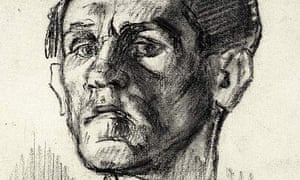‘Bruno Schulz, and his art, writing, paintings, drawings, were always present in my interest’s circle. He was a very charismatic artist, his language and usage of Polish were amazing and exceptional. His literature is teleporting us to this lost world of small towns of the east, full of magic, beauty and poetry. New York for me is a modern Babylon or Uru, a place where culture explodes, which attracts creative people from all over the world. I love big cities, the metropolis, and somehow – a bit by accident, a bit because it is a city of jazz – New York is my second home. But still, I consider myself as nomad, a wanderer. For me, the inspiration is just life, its beauty, richness,
unpredictability. How good and evil are inseparable, how surprising solutions life can bring’ – Tomasz Stańko
